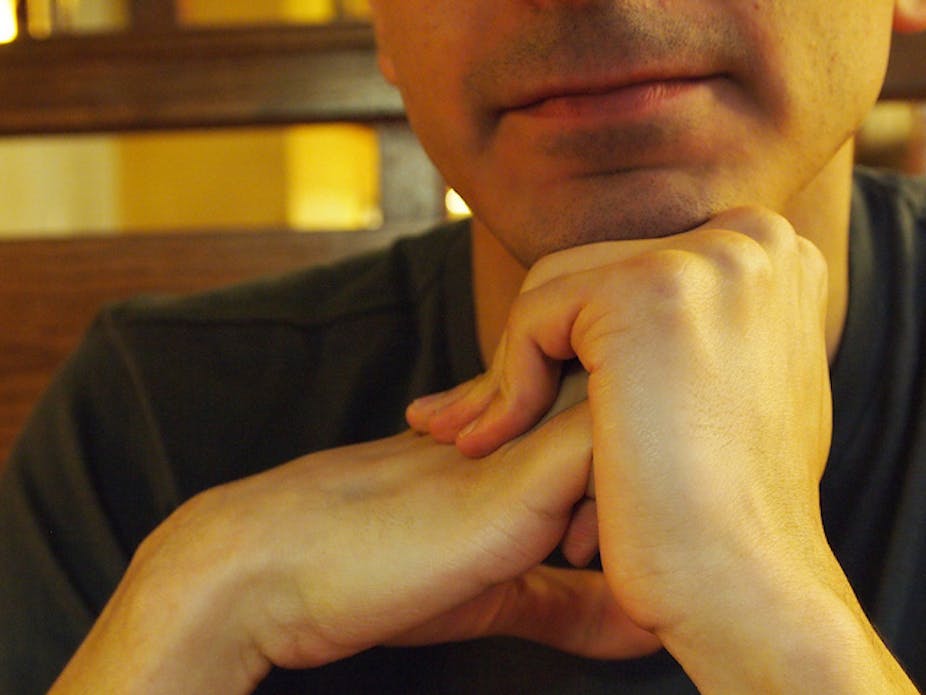For some it’s a morning ritual – cracking your knuckles before beginning the day. For others, it’s a way to pass time while pondering a thought or reading something particularly interesting online.
But are generations of well-meaning parents right? Will knuckle-cracking give us arthritis? Or is it just another harmless habit?
Thanks to Dr Donald Unger MD, this medical chestnut has a definitive answer. In 1998, Dr Unger MD published a Letter to the Editors of the Arthritis and Rheumatism, the world’s premier rheumatology journal.
Dr Unger reported that he had been cracking the knuckles on his left hand at least twice daily over a 50-year period, while the right hand was never cracked and used as a control.
This heroic study was undertaken in response to advice from various well-meaning relatives who warned him against cracking his knuckles in his early life, and continued with dedication (bordering on pathological) for half a century before the final triumphant publication of the result!
Dr Unger’s right hand remained arthritis-free throughout his life. And so did his left.
Fittingly, Dr Unger was awarded the 2009 Ig Nobel prize for Medicine. These awards are presented annually on the eve of the real Nobel Prizes by the organisation Improbable Research for “achievements that first make people laugh, and then make them think”.
Another earlier study by Swezey and Swezey was published in an obscure journal in 1973. The authors were a doctor and his 12-year-old son.
After seeing Unger’s letter, they reported their 10-year follow-up had the same result: no arthritis in cracked knuckles.
So why do some of us feel the need to crack our knuckles?
Cracking of a joint is most likely due to a rapid change in joint volume causing the brief formation of a bubble of gases such as carbon dioxide (CO2).
These gases are normally dissolved in the joint fluid and escape the solution when the pressure of the joint suddenly lowers.
The unstable gas bubble rapidly implodes and is believed to be the cause of the cracking sound.
Joint cracking shouldn’t be confused with the snapping sound made by stiff tendons or other bands of soft tissue sliding between muscles or over bony outcrops.
It’s also different from the grinding sound (called “crepitus” by health professionals) that results from movement of a joint with roughened or worn cartilage.
If you’ve been worried about your knuckle habit, you can relax and get cracking, because the evidence suggests you’re not doing any harm to them.
But if you’re a chronic workplace or social knuckle-cracker, the harm may come from those who have to put up with you.

